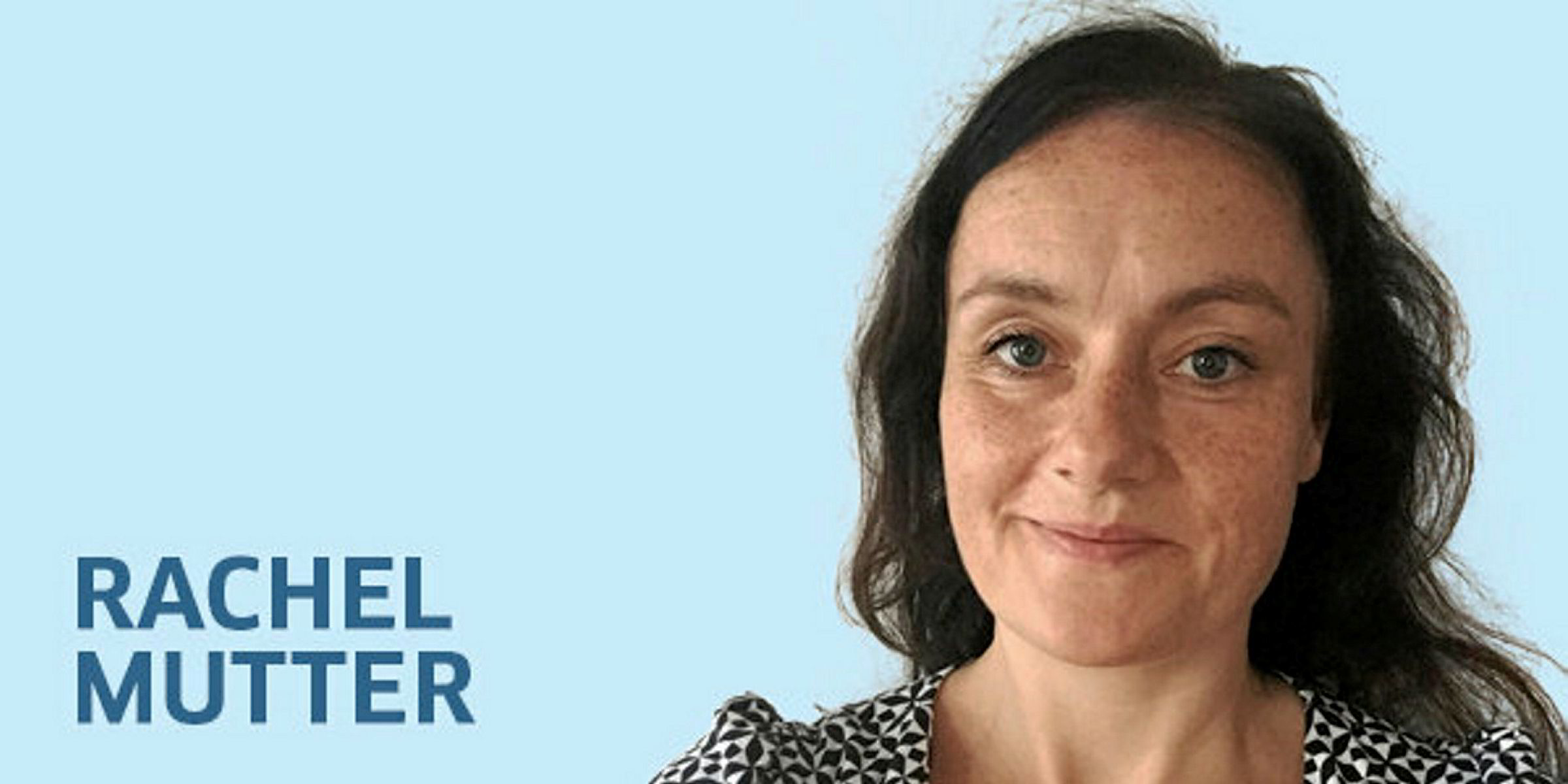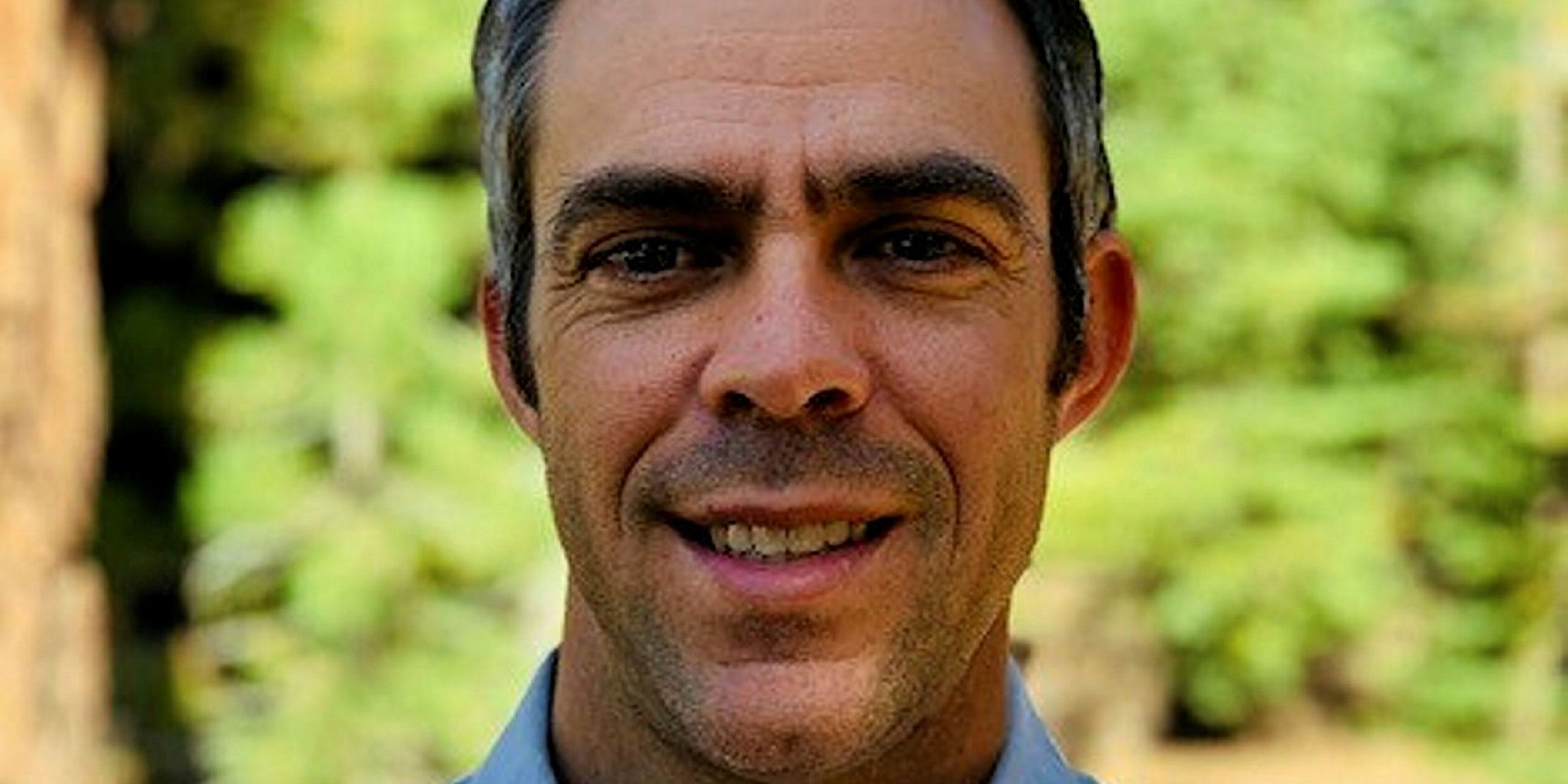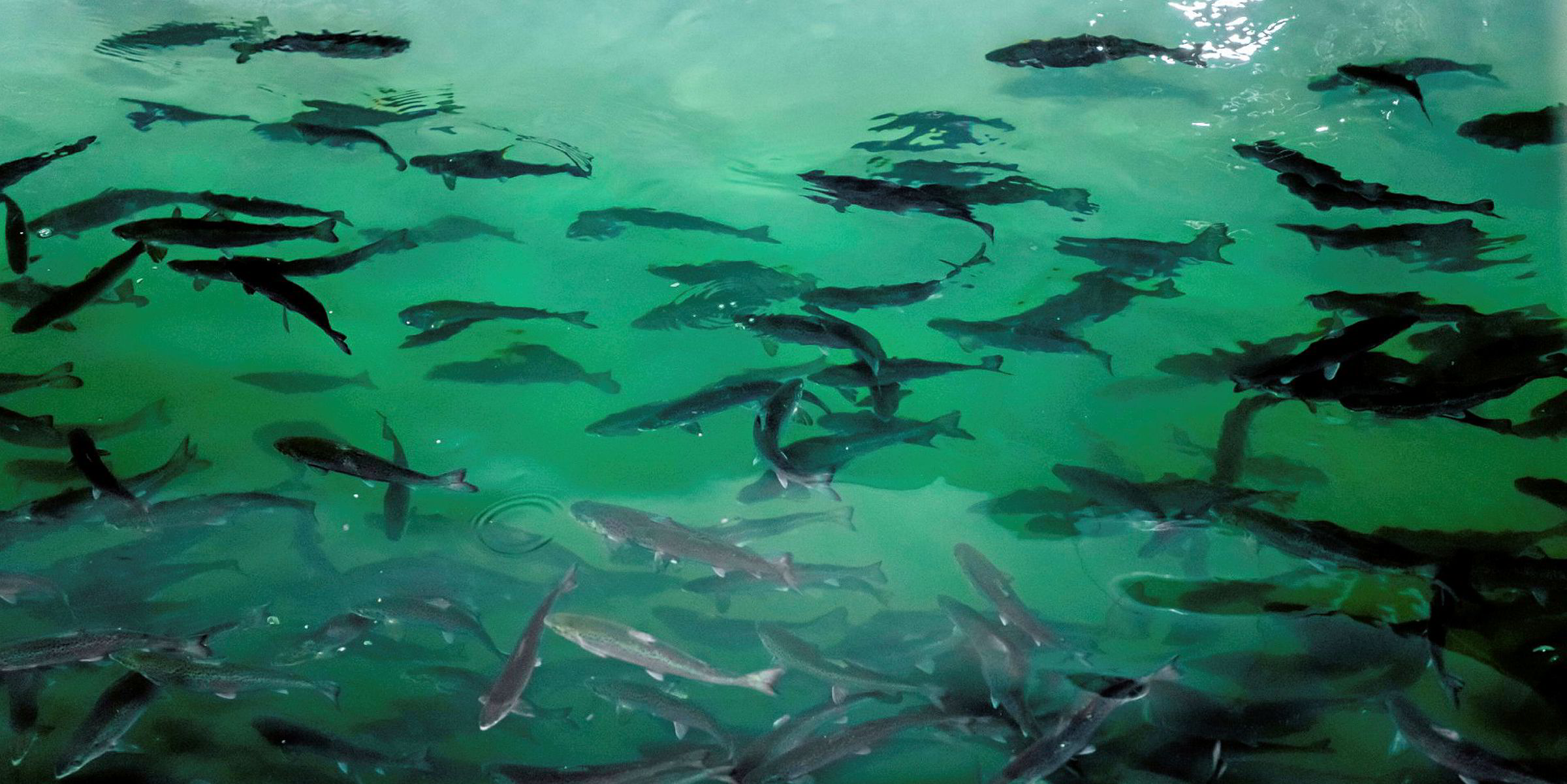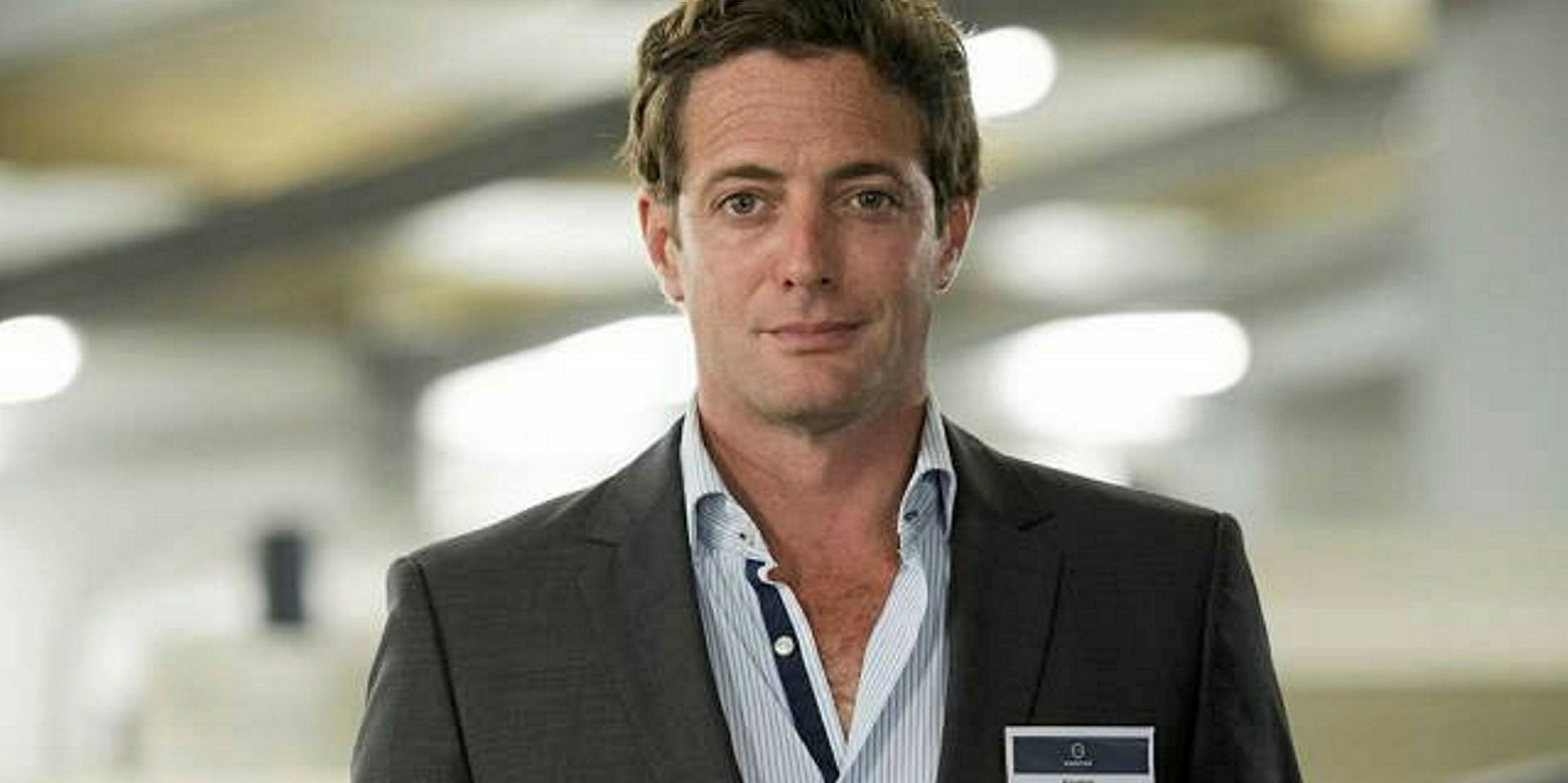Howard Tang, CEO and partner in New York-based Peritus Capital, wants his newly-launched investment firm to focus not only on sustainable aquaculture, but broaden its focus to cover other environmental, social and governance-oriented industries such as renewable energy and alternative proteins.
Tang told IntraFish Peritus Capital is targeting all aspects of the value chain, including established seafood and aquaculture companies as well as emerging businesses such as land-based and offshore aquaculture.
"We want to be a partner with these businesses and to help them secure the right kind of financing," he said.
Tang pointed out that the market for seafood investment is changing as interest grows in Environmental, Social and Governance (ESG) investing, and aquaculture fits that bill.
"We see there’s a lot of institutional investors on ESG side that have a lot of experience in renewable energy, alternative protein, but have less experience in seafood and aquaculture," he said.
"It's a huge emerging trend across corporate finance, probably the fastest-growing area of investment I’ve seen over last few decades."
Most recently, Tang served as a managing partner and investor for Lighthouse Finance, an aquaculture-focused asset finance firm based in Norway.
In that position, Tang and his North America-based colleagues structured and executed $100 million (€85 million) in aquaculture-based asset loans, rebranded the business, and expanded its presence to continental Europe and the Americas.
His firm maintains a good working relationship with Lighthouse and will be able to work with Lighthouse for projects where it is appropriate, he said.
In addition to Tang, four additional partners form the Peritus executive team.
While Lighthouse has put extensive focus into the land-based sector, Tang noted the company is not overly focused on the segment due to its overwhelming popularity already among investors, but instead is looking to partner with other companies in the United States and Europe that are involved in other areas of the aquaculture value chain.
"We don't want to chase something that has a lot of investment chasing it unless there is real scale behind it," he said. "We’re looking at the technology that evolves the aquaculture business."
Tang noted Peritus is already working with a water technology company that can take heavy wastewater and separate the freshwater from the organic waste and turn the waste into a single-cell protein that can be used for aqua and terrestrial feeds, creating a fully circular economy. He declined to name the company, however.
"We’ve been linking that technology directly into land-based farming sites," he said, noting the business will help land-based aquaculture projects reduce the need to replace water from aquifers and other water sources for recirculating aquaculture systems (RAS). The technology improves biosecurity and makes securing regulatory permits much easier, he said.
Tang added the technology is commercialized already in China, where the technology company has partnered with an international brewer and sugar refiner to produce 4,000 metric tons of product that has been sold.
With a foothold in the aquaculture sector, Peritus may put its own funds into operations it works with.
"Our strategy on a long-term basis is to become partners and shareholders in some of the projects we work on," he said.






